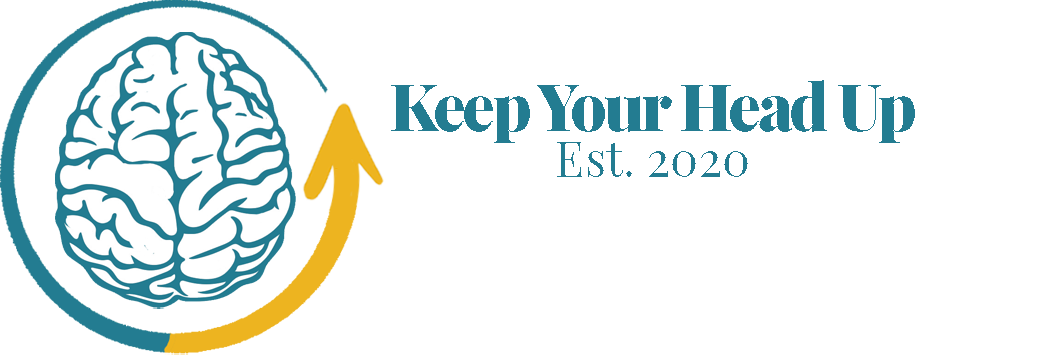Concussion Recovery- It is not a “one size fits all”
Blog by: Sarah Schulz / HBSc, MScOT, OT Reg (Ont.)
Concussion and concussion recovery is a tough concept to understand. Recovery doesn’t follow a certain line, path, or expectation. There is no “right” recovery, or any timeline when symptoms should go away. The best way I like to explain this is by comparing it to the physical body. Imagine you broke your ankle. When you break your ankle (or injure any part of your body for that matter) there is a certain kind of “trajectory” you can expect your ankle to go through before it is healed. For instance, immediately after you injure it you can expect the ankle to be swollen, red, bruised, and painful. Depending on the severity of the break, you would be most likely placed in a cast for a few weeks. The doctors would tell you how long you could expect to be in the cast, and once those weeks are done, your bone is healed, and you can start therapy (and walk on it again)! It is a predictable outcome, where you break your bone and a few weeks/months later, it will get better. Of course, there are exceptions to this rule, but for the most part, the physical body reacts in a predictable, one size fits all type of way.
The brain is similar until it’s not. After your injury, of course, it is expected with time, your brain will heal (thanks to a fun concept called neuroplasticity). Neuroplasticity in the simplest terms is the ability of your brain to rewire itself. When you suffer a traumatic brain injury, sometimes the neurons (the brain cells) are damaged. The brain helps to compensate for this damage by rewiring itself, so no function is lost! It makes up for the damaged parts of the brain. However, there is no known timeline of neuroplasticity.
What I mean by that is there is no way to tell how your brain will recover after your injury, which is why concussion recovery is NOT a one size fits all approach. Unlike the broken ankle, no doctor can predict your outcome of when your symptoms will be gone. Concussion recovery is fluid and fluctuates daily. This is why you may have noticed you had a few symptoms at the beginning of your recovery that went away, but now a new one is impacting you. Or maybe why you’ve noticed your headaches have decreased in duration. This may be why you’ve noticed your memory has improved, but your word-finding has not. For some people, their symptoms go away within a few weeks. For others, their symptoms take years to reduce. For some, the symptoms might be dull, almost like background noise in their intensity. For others, the symptoms might be so intense it stops them from doing certain tasks.
Research shows there is no plateau to concussion recovery. This means, after a certain amount of time your brain doesn’t “stop” recovering. Your brain is always learning new pathways and connecting, and this does not stop with time. Although there is no timeline on how fast your brain will recover, there is research that proves that sitting around and doing nothing impedes concussion recovery and lengthens the time. The idea of “rest until you don’t have symptoms” is outdated and widely unpopular. Look out for a future blog post explaining this concept :)
The main point here is that whatever you are experiencing, is ok, it is YOUR recovery. There is no gold standard of recovery, and therefore there is no “ideal” concussion you are being compared to. There is no timeline of when you should be completely recovered, it does not exist, despite what many friends, family, coaches, teachers, and others might think. Your recovery is your recovery, and you should not be compared to others. Every single brain injury is different from the next, just as every single brain is different! For this reason, your injury and your symptoms may not be the same as someone else, and that is OKAY! The main point is it is your lived experience, your journey, and your symptoms. If you ever feel alone, please make sure you reach out to any of us at KYHU and we would be more than happy to chat, or send you in the direction we think would best help you! You’ve got this!

